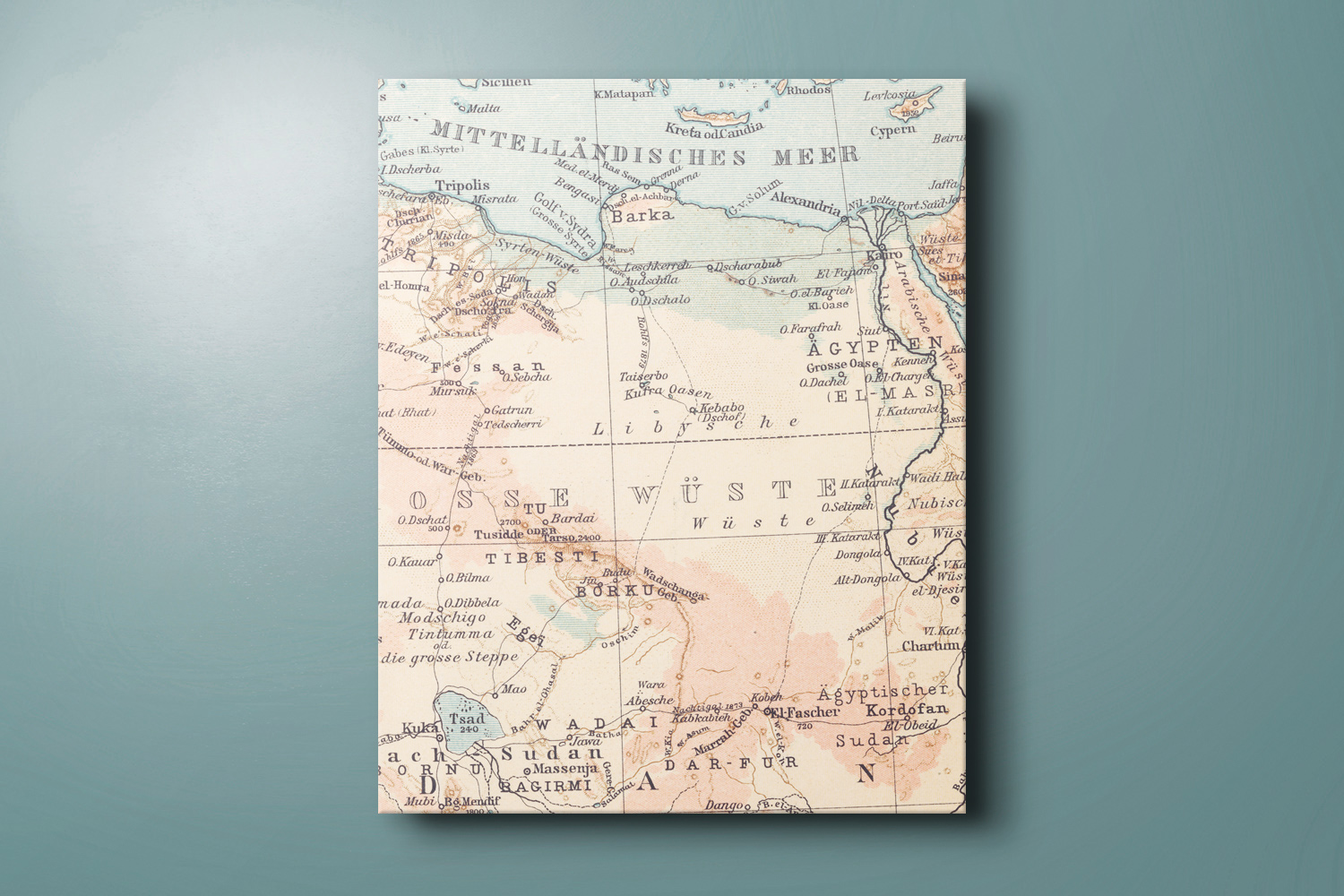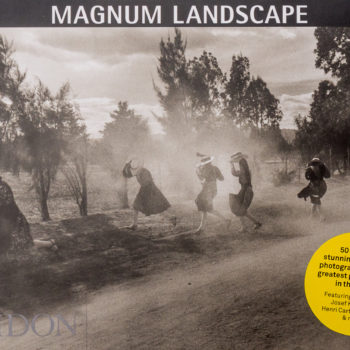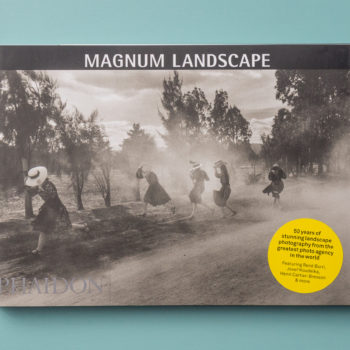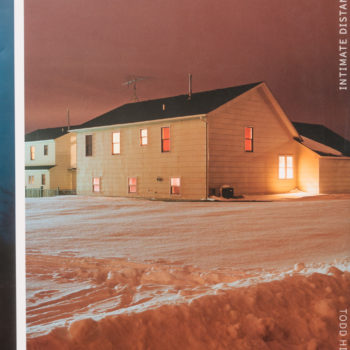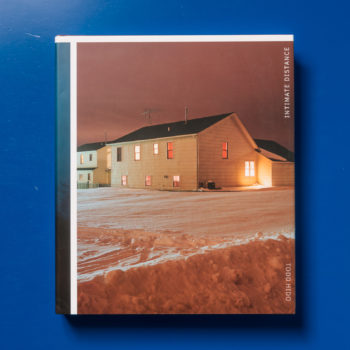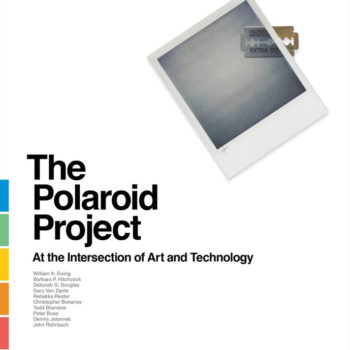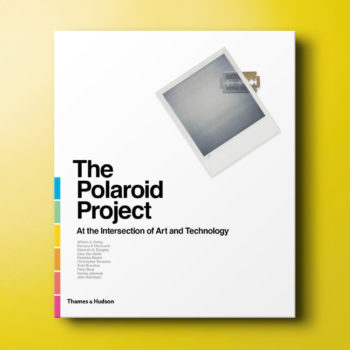Talisa Lallai is a tracker. Informed by her own origin the question of identity and identification becomes the core of her artistic practice. Her photography, however, is no mere image-medium. It is rather a form of expression to constitute space, corporeal and virtually sculptural. Within space she merges fleeting impressions and atmospheres: frozen images of bygone times, both strange and familiar, graceful and staggering. One really has to move throughout her calmly concentrated installations with utmost vigilance, approach and take distance again in order to see anything.
Talisa Lallai is a teller of history and stories alike. Constantly, she interweaves fantastic inventions with factual events. Her pictorial language of an “exotic South” she has derived from motives of a Western perspective; critically, though, as she incorporates Modernity’s belief in progress into inhuman colonialism.
Some of her photographs originate from extensive research journeys, however, she frequently employs found footage. For instance, she appropriates magazine photographs or slides and re-works, re-configures, re-enacts them: images of already existing but disappearing images which become the regained means of a pictorial re-consideration of history. As in a media-archaeological excavation Talisa Lallai’s re-contextualization re-assesses and secures long-gone pictorial evidence uncontestedly impressed into the Western culture of images. She aks what remains, fades, or gets suppressed, asks which images we keep in mind and memory without even knowing it.
This exceptional artist book is published on the occasion of Talisa Lallai’s frist institutional solo exhibition at Kunstverein Reutlingen and congenially complemented with texts by Judith Schalansky, author of the internationally renowned “Atlas of Remote Islands”, which spark a revelling dialogue of thoughts, places, and images.

